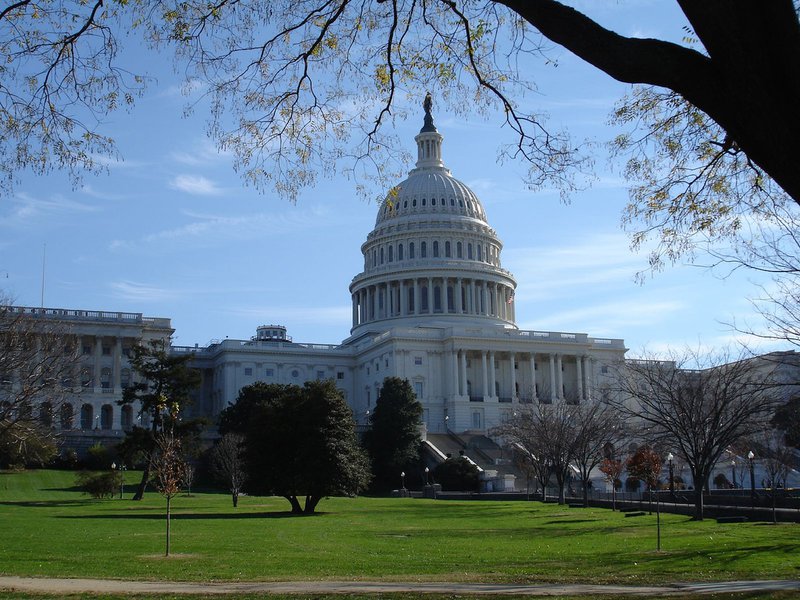OTI Signs Letter Urging a Stronger Warrant Requirement in Section 702 Reform
Blog Post

Jonathan Moreau / CC2.0
Oct. 13, 2017
Today, New America’s Open Technology Institute (OTI) and forty-six privacy and civil liberties organizations sent a letter to Congress emphasizing the need for greater reform in the USA Liberty Act (H.R. 3989), which amends Section 702 of the Foreign Intelligence Surveillance Act. This letter follows up on a coalition letter to the House Judiciary Committee from earlier this month, where we urged members to close the so-called “backdoor loophole” by requiring the intelligence community to obtain a warrant before searching Section 702 data for Americans’ communications. The USA Liberty Act includes some important reforms that OTI supports, but fails to address all of our concerns about Section 702 surveillance.
Section 702, which expires at the end of December, authorizes surveillance of non-U.S. persons abroad. While Americans cannot be targeted under Section 702, substantial quantities of American communications are “incidentally collected” when an American is in touch with a foreign target. Once collected, the government asserts the authority to warrantlessly search through Section 702 data looking for specific Americans’ communications. These warrantless searches are unconstitutional. The USA Liberty Act would impose a partial warrant requirement on Section 702 searches. It would not require the NSA, CIA, or National Counterterrorism Center to obtain a warrant before accessing the contents of Americans’ communications. Instead, the warrant requirement would only apply to the FBI, and only for some of the FBI’s searches.
The bill would require the FBI to obtain a warrant before accessing the contents of Americans’ communications collected under Section 702 when searching for evidence of a crime. However, it would not require the FBI to obtain a warrant before reading Americans’ communications if the search was done, primarily, to obtain foreign intelligence information. This exception may defeat the rule because of the broad definition for foreign intelligence information. It would allow for the warrantless searches of Americans’ communications so long as those searches were expected to return information necessary to understand U.S. foreign affairs. This could include everything from the work of activists, journalists, and lawyers, to business people who happen to work on international issues. Dual purpose queries, which have a primary foreign intelligence purpose but also contain criminal investigation elements, are another potential gap in the “foreign intelligence” exception.
More importantly, however, the exception would set a troubling precedent in the law that Americans deserve lesser constitutional protections if the government is investigating something related to foreign intelligence or national security. The Fourth Amendment does not make distinctions in the scope of its protection based on the type of investigation or the severity of the crime. A plain reading of the Fourth Amendment shows that warrants are required for all government searches and seizures involving Americans’ communications. Right now, if the government wants to wiretap an American in a foreign intelligence investigation under Title I of FISA, they have to show probable cause that their target is an agent of a foreign power. If they want to wiretap an American they suspect of planning a terrorist attack, they have to show probable cause of a crime before they can get an order under the Wiretap Act. This exception would severely undermine those constitutional protections.
The USA Liberty Act is a step in the right direction, but it does not go far enough in protecting Americans against warrantless searches of their incidentally collected communications. A no-exceptions warrant requirement would ensure the appropriate balancing and oversight to which we are entitled under the Fourth Amendment and prevent a warrant “exception” from becoming the enforcement norm. A stronger warrant requirement would also institute greater judicial oversight, helping reduce query violations (detailed in OTI’s Section 702 timeline on unintentional violations of Section 702). The USA Liberty Act’s partial fix is not enough. Congress needs to commit to upholding basic Fourth Amendment principles with respect to treatment of Section 702 data and require the government to obtain a warrant across the board before accessing the contents of Americans’ communications.